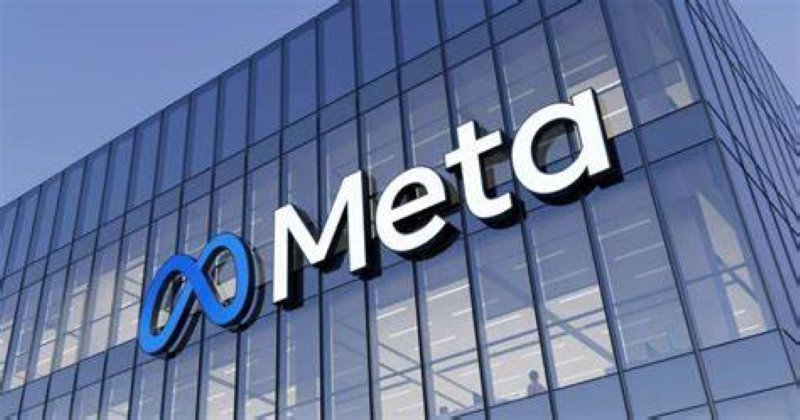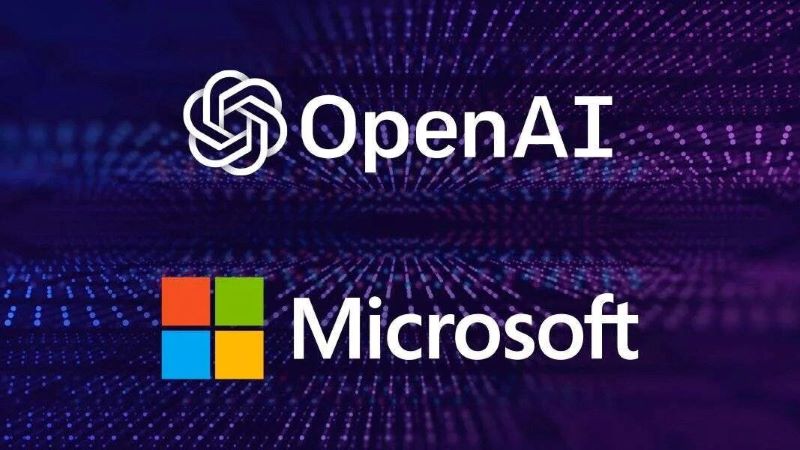Technology
Microsoft Recognizes OpenAI as a Competitor
In a significant shift in its corporate narrative, Microsoft sees OpenAI as competitor has acknowledged a decline in its competitive standing, particularly pointing to OpenAI as a substantial rival. This new perspective highlights the evolving dynamics between the tech giant and its previously allied partner in artificial intelligence, marking a noteworthy transition as both entities increasingly vie for overlapping business opportunities in the burgeoning AI market.
A Historic Classification
Microsoft has invested over $13 billion in OpenAI, categorizing it as a competitor in its fiscal 2024 report. This designation is significant, as it marks the first instance Microsoft has labeled OpenAI this way in its annual documentation. OpenAI is now included in a select group of AI competitors, alongside industry giants such as Amazon and Google. This new classification indicates a fundamental shift in Microsoft’s perception of its relationship with OpenAI. Previously, OpenAI was primarily viewed as a collaborative partner in advancing AI technologies for Microsoft.
Microsoft’s classification of OpenAI as a competitor signals a significant shift in their relationship, according to wsj print subscription.
Mutual Benefits of Partnership
The partnership has proven mutually beneficial, propelling both Microsoft sees OpenAI as competitor and its CEO, Satya Nadella, forward in their quest to develop cutting-edge AI systems while providing OpenAI with crucial financial resources for significant technological investments. Microsoft has played a critical role in supporting OpenAI during a tumultuous period, including CEO Sam Altman’s controversial dismissal and subsequent reinstatement.
Rising Tensions
As enthusiasm for AI grows, tensions are emerging between Microsoft and OpenAI. Both companies are vying for the rising corporate adoption of AI solutions. This competition is particularly evident in sectors like customer service and software development. Each company aims to capture market share in these lucrative industries. Consequently, the competitive landscape is intensifying as both firms innovate rapidly. This shift signals a significant change in their previously collaborative relationship.
OpenAI’s Expanding Footprint
OpenAI has recently gained attention with its entry into internet search through SearchGPT, competing directly with Google and Microsoft’s Bing. This strategic move highlights the intensifying competitive dynamics between these tech giants over the past year. In 2023, OpenAI launched a business version of ChatGPT, targeting a customer base that Microsoft aims to serve. Microsoft is also developing its own business solutions, leveraging OpenAI’s technology to enhance its products. This development further complicates the evolving relationship between OpenAI and Microsoft as competition grows.

Meta Platforms Sees Surge in Ad Revenue Amid AI Investments
Meta Platforms has announced a remarkable increase in its quarterly digital advertising revenue, signaling a positive trend for…
Diversifying Investments
In response to the shifting landscape, Microsoft is diversifying its investments by acquiring AI talent and technology, effectively creating a competitor to OpenAI within its own organization. This strategy reflects Microsoft’s commitment to maintaining a competitive edge in the fast-evolving AI space.
Regulatory Scrutiny and Evolving Complexities
The complexities of the Microsoft-OpenAI relationship have also evolved amidst increasing regulatory scrutiny. Following Altman’s brief ousting, Microsoft took on an observer role on OpenAI’s board but relinquished this position last month amid concerns regarding the dominance of major tech companies in the AI sector.
A New Competitive Landscape
In its annual report to the U.S. Securities and Exchange Commission, Microsoft not only categorized OpenAI as a competitor in AI products but also identified it in the search and news advertising arena alongside Google and various social media platforms. This classification underscores the broader competitive landscape in which both companies operate, illustrating that while partnerships may exist, competition is increasingly defining their relationship as they navigate the fast-evolving AI industry.
Get 70% off a 3-year premium subscription to WSJ All Digital. Enjoy no hidden fees or auto-renewals. Access on PC, Mac, smartphone, and tablet. Sign up now to start reading within 24 hours!

